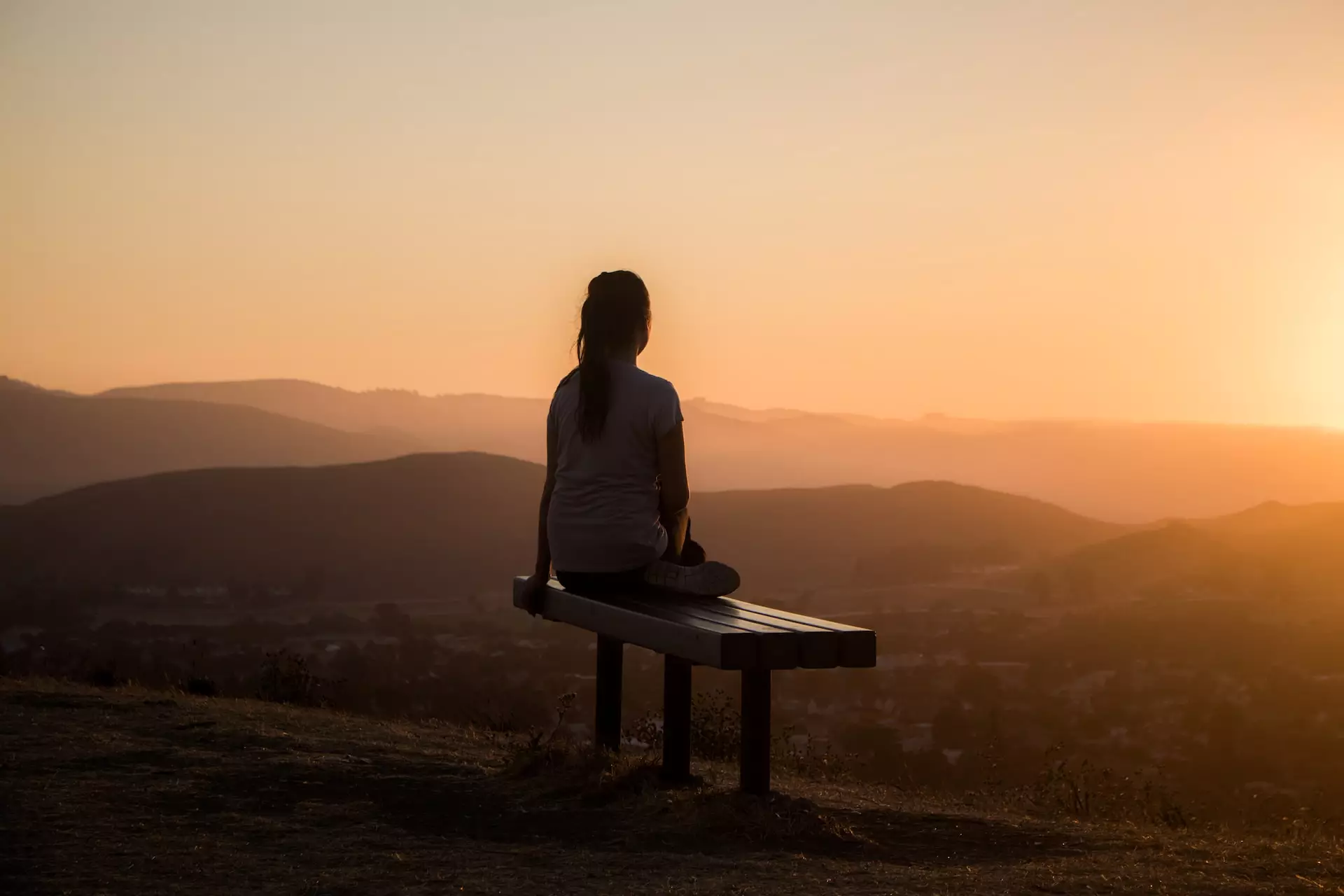
I have a love-hate relationship with meditation. On the one hand, I have had so many positive experiences with it. On the other hand, many days when it’s time to meditate a part of me bolts for the hills like a half-tamed mare.
It can be exasperating to witness how much bucking of the saddle lives on in me after all these years. I am not the elegant equestrian. I am the humbled rodeo clown, hat in hand. If you can relate, read on!
At this point my opinion is that as someone with tendencies towards addiction, maybe I can accept and validate this about myself rather than condemn it. Life is a little easier when I chuckle at my vivacious resistance, seeing it like a big, wet sandy dog who runs away from being washed after a walk on the beach, or a toddler who books it across the lawn because he knows I want to change his poopy diaper.
If you, like me, sometimes struggle to get yourself to meditate, here are some possibly-helpful tips. Shared with love and fondness for all within us that resists the bridle.
1. Understand the Role of Trauma
It took me a really long time to understand that part of why I struggle so much with meditation is that when I sit down and get in touch with my breath, I often encounter unprocessed trauma responses in the body.
Unprocessed trauma responses in the body feel like death, literally, because it is the same energy and physiological messaging that your body has when you are actually dying. Given that I have a backlog of signals in the body saying “you’re not safe, you’re dying, you’re dying!”, it’s naturally challenging on some days.
It’s true that eventually meditation helps with these things. But before you understand what’s going on, if you treat yourself like you’re bad for wanting to avoid that feeling, you can make it worse, because being bad is part of trauma.
My suggestion: make kind recognition of trauma energies a deliberate part of the practice. Just as you may say to yourself, “Breathing in, I am aware that I am breathing in,”, you can also say, “This is a trauma response in the body. I am aware it is a trauma response in the body.”
2. Lower the Bar
A friend in Twelve Step once said, “If you must compare yourself, compare yourself to someone in your own weight class. Lightweights don’t fight heavyweights.”
This was not meant offensively, but rather to say, understand the context of your consciousness, and lower the bar! If you are recovering from addiction, if you are still working out how to feel safe in your own skin, take that into account in your assessment of how well you are doing.
There are differences in skill and capacity amongst us, no doubt. But there is no value difference between any of us because of that. We all contribute to God’s expanding consciousness, and are loved in equal measure just because. So make sure you are using a right-sized measuring stick.
3. Give the Inner Child Veto Power
I have a deal with my Inner Child that if the distress and discomfort becomes too overwhelming, she is allowed to say “time out” and I will honor it. Letting the Inner Child have veto power which she is allowed to use sometimes can create so much more safety around the practice. If there are days when you just can’t meditate, ok. There’s always tomorrow to try again.
4. Don’t Make it an Ego Trip (or Notice When You Do)
One of the biggest pitfalls of course, is when we start thinking “Wow, I’m such a good meditator” or, conversely, “I’m such a terrible meditator! Oh no!” as if “a meditator” is an identity.
This is the ego seeking shelter, once again, in making thingness out of something that’s not a thing, because ego likes stasis and to latch and grasp on. We can observe, laugh and marvel at ego’s tenacity, making that part of the practice too. “I see you, ego! Hi there!”
5. Turn it Over
Some days it’s honestly just: “Source, please make this meditation practice what you would have it be.” Because often enough it’s me, not spirit, who’s insisting on a particular idea of correct meditation. How long it should be, what it should be like. I may be meditating because I want to be victorious against my suffering, because I don’t want to experience my fear, because I want to feel like I was a good girl today. Spirit probably wants something else. So remember it’s always an option to say uncle and let the unconditioned space within you rise up to steer your practice.
Thanks for reading!

